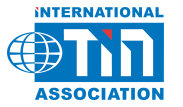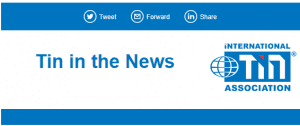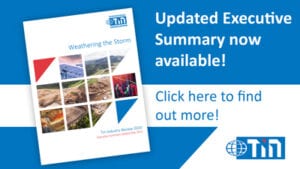The decisions by the Indonesian trade ministry to revise export quality regulations and to require that tin exported be traded through a local market has produced critical reactions from producers surveyed by Bloomberg.
Agung Nugroho, corporate secretary at PT Timah, said that Indonesian exports this year could now reach 100,000 tonnes, compared to a previous estimate of 75,000 tonnes, after maximum lead content and other impurity rules were relaxed at the end of June. “We regret this as it means we’re reducing our quality again,” he said. Exports of other tin products will increase because of the new physical trading rule he predicted, referring to part of the regulation requiring ingots to be traded in the local market from 30 August before they are shipped. For other tin products the rule is not effective until 1 January 2015.
However M B Gunawan, president director at Pangkalpinang, Bangka Belitung-based smelter PT Stanindo Inti Perkasa was also unhappy and said that the trading requirement increases costs, such as warehousing and trading fees. “I don’t understand the reason for this, if we can trade directly with our buyers, why do we need to trade through a bourse. We’re comfortable with the way we do business but now the government is asking us to change that.” Many smelters are halting shipments due to changes in the impurity levels and a lack of clarity on the trading rule, Gunawan said. “We need time to digest this.”


